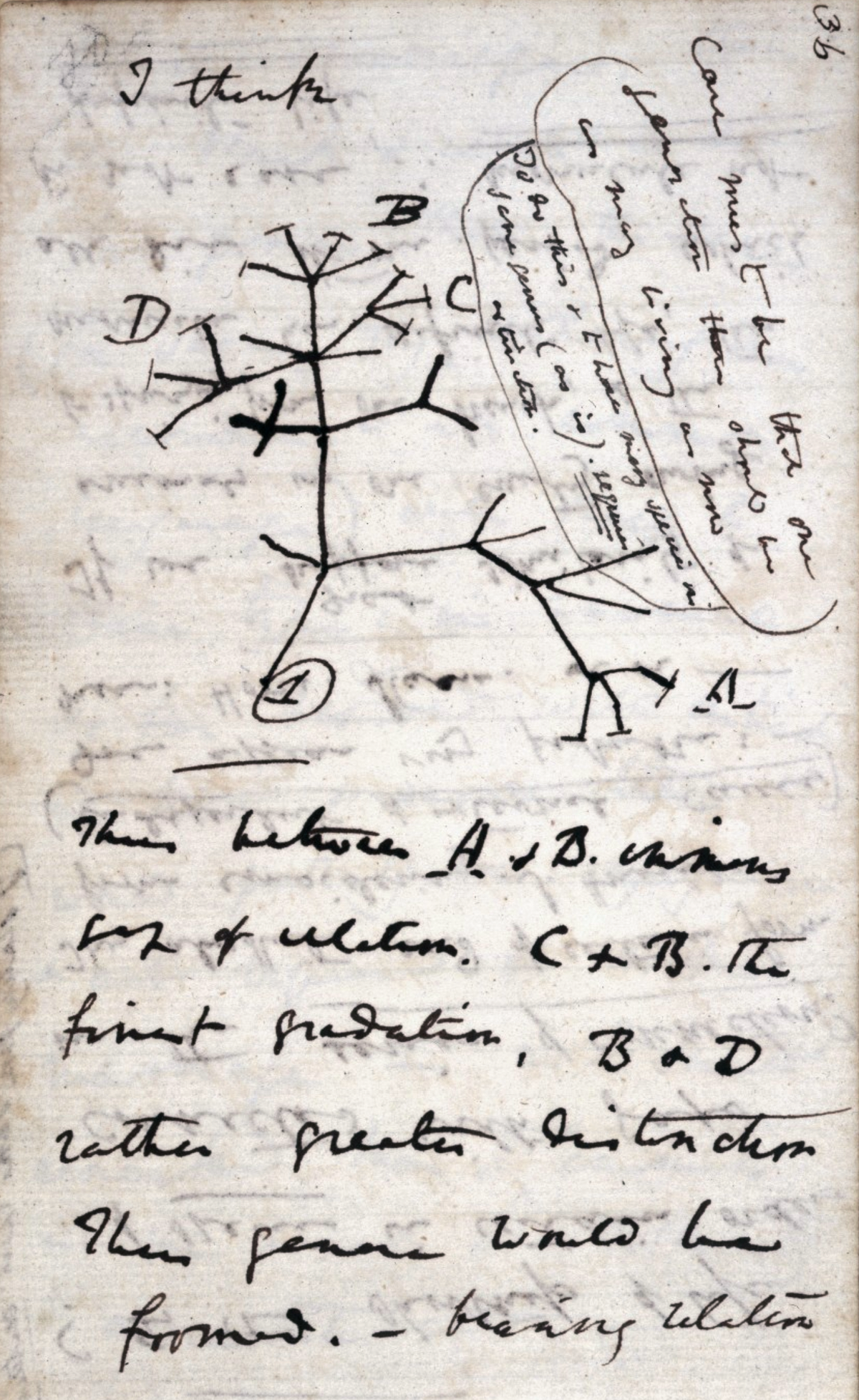Toddsterpatriot
Diamond Member
I don't have an opinion either way. If you have proof either way, I'm waiting for you to stop stalling and present it.
I claimed that pre-Columbian Americans didn't evolve. Which they did not, by the definition of evolution we have been talking about, which is speciation via natural selection.
You want to claim "evolution" just means "change," I'm fine with that. But it sure seems like an abandonment of Darwinism.
But did you really go through all this because you thought I meant that in pre-Columbian America, children were genetic copies of their parents?
Please tell me you aren't that stupid.
Is it hard to see what you're typing through those two little eye-holes?
Nope. Because if I said, "I believe in evolution, but only within species," the Darwinist religious fanatics would roast me - after I explained what that meant. Evolution means evolution, not just "change."
Then present your evidence that species arose via natural selection and mutation.
Who's that?
I don't attack it. I just don't accept it.
Not flailing at anything. I'm happy to leave it alone. It's the Darwinists who get torqued up when someone disagrees with them.
I claimed that pre-Columbian Americans didn't evolve. Which they did not, by the definition of evolution we have been talking about, which is speciation via natural selection.
Your definition.
They evolved. They're different in many ways than the people they left behind,
while still the same species.
But did you really go through all this because you thought I meant that in pre-Columbian America, children were genetic copies of their parents?
They aren't copies? They changed? They evolved to better fit their new environment? Weird.
Then present your evidence that species arose via natural selection and mutation.
LMGTFY - Let Me Google That For You
For all those people who find it more convenient to bother you with their question rather than to Google it for themselves.
Who's that?
You don't know how nature selects for different characteristics?




